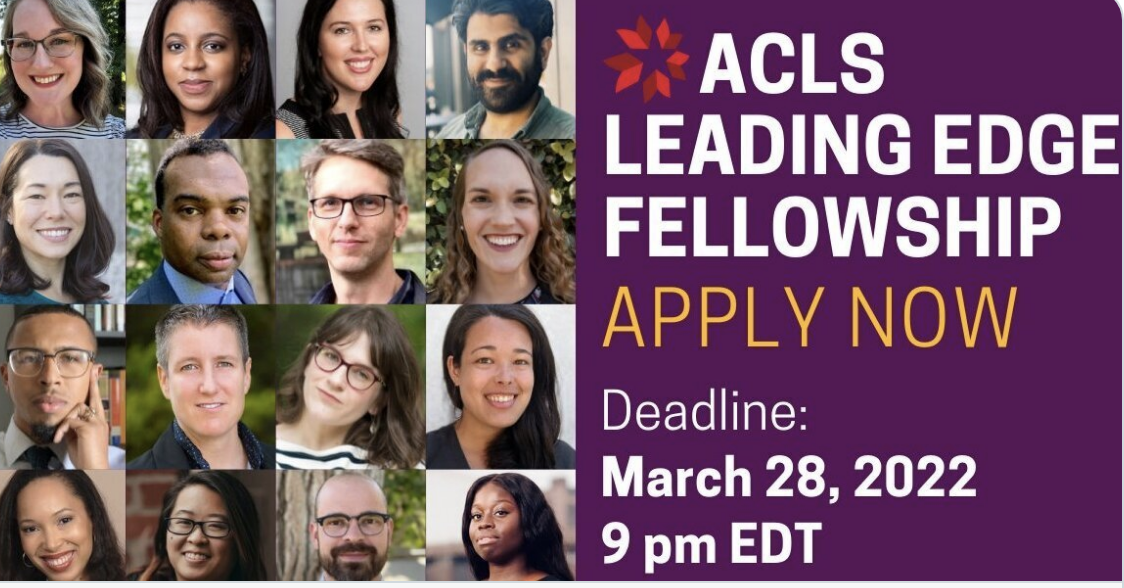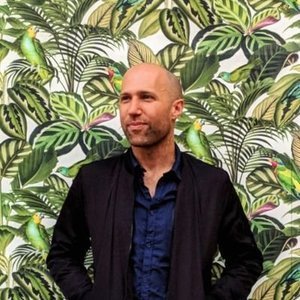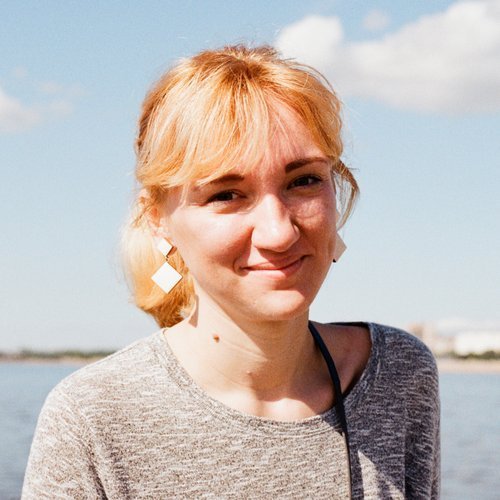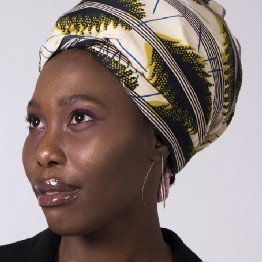February News
/Fellowship opportunity: Want to help decolonize democracy research?
If you know any talented PhD graduates, alert them to this opportunity: People Powered has been selected by the American Council of Learned Societies (ACLS) to serve as a host organization for its Leading Edge Fellowship program. The chosen applicant for this fully funded, two-year fellowship will serve as a research coordinator, focused on decolonizing democracy research. ACLS will coordinate the recruitment process. (Please note that candidates must be eligible to work in the United States.)
What’s the future of civic tech, and how can our new guide and rankings help you adapt?
To introduce you to our new ratings and guide to digital participation platforms, we interviewed the principal author of the guide and two members of the Technology Review Committee. They share thoughts on what’s working, what’s not and the trends to watch in the future. We hope you’ll share and discuss these posts with your colleagues.
Matt Stempeck, technologist in residence at Cornell University (United States), talks about the Growth of Civic Tech and the New Guide to Digital Participation Platforms: “Any time you’re talking about public decision making that affects everybody, it’s going to get into power and politics. It’d be naive to think it won’t.” What can civic tech do to protect its integrity? Read his thoughts….
Katya Petrikevich, cofounder of Participation Factory (Czech Republic), discusses COVID, Civic Tech and Participatory Democracy: “With online platforms, you can’t replicate the conversation–including the empathy and sense of community–possible in person. But the quality of deliberation can be greatly increased with well-thought-out planning, process, and outreach.” Read what Katya thinks is critical to success.
Melissa Zisengwe, program officer with the Civic Tech Innovation Network (South Africa), reflects about Civic Tech in Africa–the Power and the Possibilities: “Too many people have been measuring success in terms of how many followers they have on Twitter, how many people interact with them on Facebook. And that’s not right. It should be something like, what has changed due to our work? What progress have we made toward our ultimate objective?” Read her reflections on measuring impact.
We’re looking for a technology consultant
People Powered is looking for a technology consultant to assess our communications and program technology needs and recommend solutions. Thanks to a capacity-building grant from one of our funders, we aim to contract a consultant by early March and complete work by April.
Please share our request for proposals with any consultants you’d recommend or colleagues who might be familiar with players in this space!
Featured resource: Working with rural residents to crowdsource solutions
It’s one thing to talk about preventing and mitigating the effects of climate change, but it’s much harder to actually implement community-level initiatives that affect people’s livelihoods. Member organization Kota Kita in Indonesia shows in a video how it engaged residents of a rural, waterfront community to co-design an environment-preservation project.
To connect with people on the level of their daily lives, Kota Kota encouraged the residents to use storyboards and illustrations to think about their use of space. “The process of telling stories was what captivated people, got them to listen to one another, helped them communicate their needs and also enabled them to come up with highly creative and innovative solutions themselves,” says Kota Kita on its website. The organization explains its process for co-design in a guide.
What You Can Do
Share the job description for our two-year fellow with PhD graduates.
Explore our new ratings and Guide to Digital Participation Platforms.
Refer our RFP to technology consultants.








